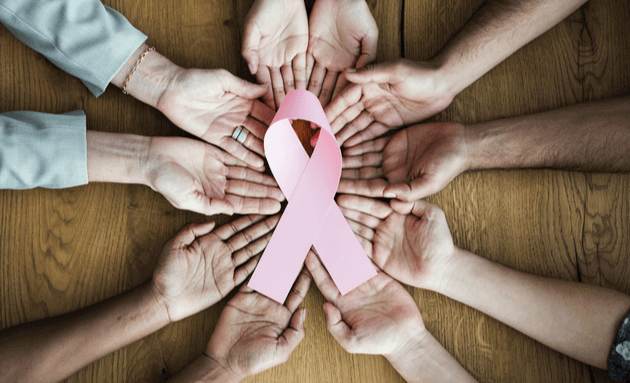Questions To Ask Your Doctor After Cancer Diagnosis

Learning that you have cancer is never easy to deal with. It can leave you feeling overwhelmed and devastated. It is crucial that you take your time and come to terms with the ailment.
As with any other ailment, understanding the how and why of the illness is important because it puts you in a position of control. You know what to expect and can hence actively invest in your journey towards recovery. The good news is that, according to studies, cancer patients who are well informed about their illness and treatment options generally have better outcomes and fewer side effects than patients who just follow doctors' orders.
Why Communicating With Your Doctor Is Crucial
After diagnosis, your communication with your oncologist has a huge role to play in your journey towards recovery. A possible way to strengthen this communication is by asking your doctor questions. Keep in mind that no question is too small or trivial.

You can use this note as a tentative guide to what to ask your doctor at different stages of your cancer diagnosis and treatment.
Questions On Diagnosis and Symptoms
At this stage, your doctor will generally hear your symptoms and review test results to ascertain the type of cancer you have. Asking questions at this stage will help you understand the basics of your illness.
You can ask your oncologist questions such as:
- What type of cancer do I have and what stage has it reached?
- What is the likely cause of my cancer?
- Will I need a specialist(s) for my cancer treatment?
- How serious is my cancer?
- Is there any other explanation for my symptoms?
- Should I get a second opinion?
Questions On Treatment And Side Effects
Once a diagnosis has been confirmed, your doctor will proceed towards treating your cancer. Different forms and stages of cancer are treated differently. At this stage, it is important to understand what your treatment options are, what the goal of your treatment is, the expected timeline of treatment and the like.
Ask the following to prepare yourself for the treatment head:
- What are the ways to treat my type and stage of cancer?
- What are the benefits and risks of each of these treatments?
- What treatment do you recommend and why?
- When will I need to start treatment and how will it take place?
- What are my chances of recovery with this treatment?
- What are the short-term and long-term side effects of the treatment?
- How can I prevent or treat side effects?
- Are there any lifestyle changes I can make to speed my recovery and become healthier?
Questions Related To Support Services
As part of your treatment, it is useful to understand the support services you will require. This includes nutritionists who will advise you on your diet, palliative care services to help manage pain, counselors, rehabilitation specialists, and support groups, amongst others.
To understand what support services you require, you can ask your doctor questions such as:
- What support services will I need along with my treatment?
- Will I need to change my diet while I’m undergoing treatment?
- Will being part of a support group help me?
- Should I speak to a counselor?
- Are there any recommended specialists near me who I should reach out to?
Questions For Follow-Up Care
Post your treatment, your doctor will educate you on the way forward and the precautions you need to take. Now is a good time to ask the following questions:
- Can my cancer relapse? Should I watch for specific signs or symptoms?
- How long will it take for me to get better?
- Are there any particular precautions I need to take?
- Are there any lifestyle changes that will help me become healthier?
- Will I need to do tests after treatment is over? How often will I need these tests?
Try Not To Get Overwhelmed

Bear in mind that you do not need to ask your doctor all these questions in one sitting. If at any point during your consultation you feel like you’re being given more information than you can handle, talk to your doctor. He or she will understand where you’re coming from. You can also choose to make notes or record the conversation with your doctor.
Pen down your questions before your appointment to reduce stress. Taking a family member or friend along with you to an appointment can be very helpful, especially from the emotional support point of view.






